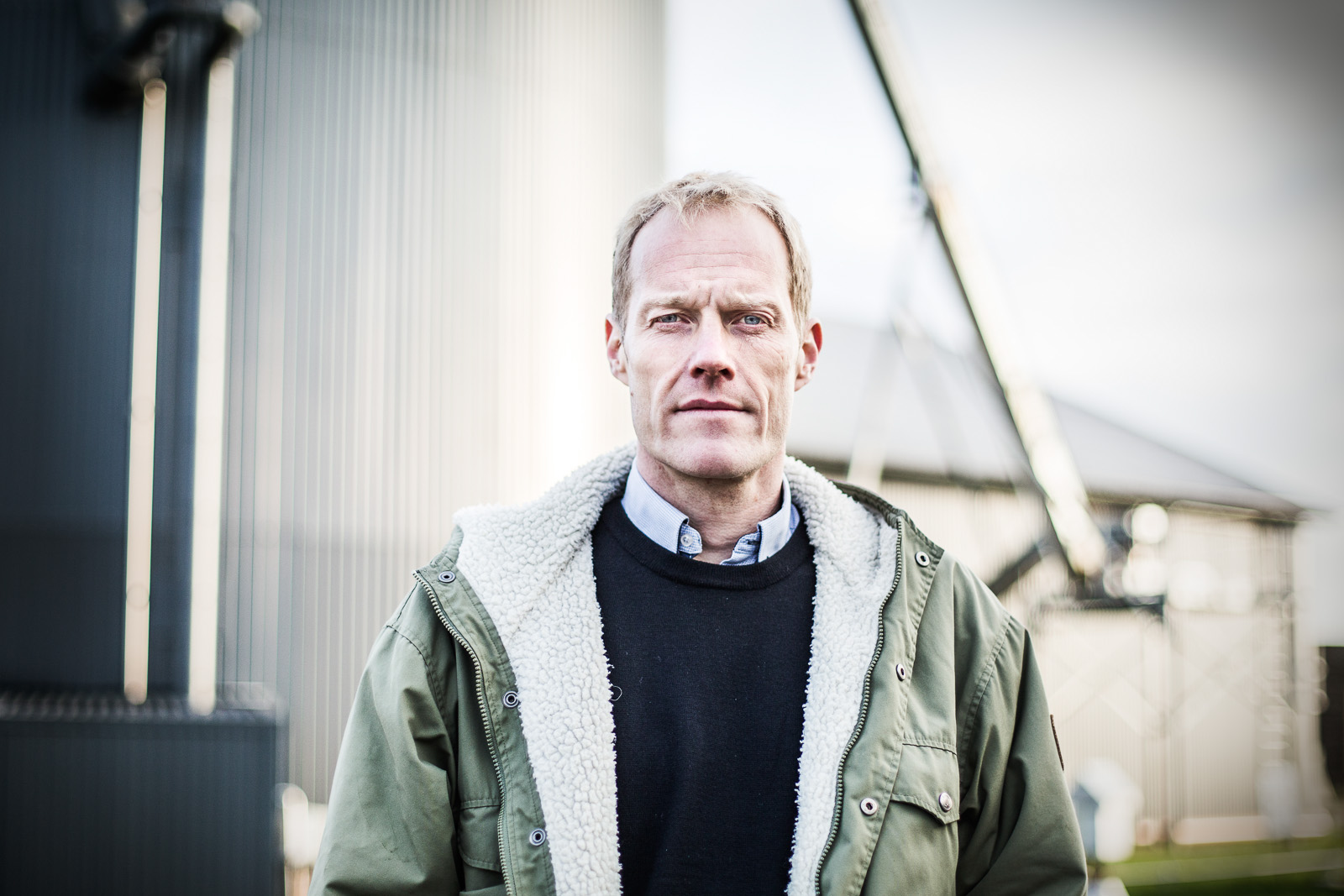More green gas on the way
In the coming years, Aarhus University will contribute with new knowledge about how to ensure better integration of gas in Denmark’s energy supply for the benefit of the climate. Innovation Fund Denmark is investing DKK 18.6 million in the project.

Gas is an efficient and flexible fuel that can be used as a source of energy in a number of areas and to a greater degree than is the case today. The benefits of doing so are considerable.
Regardless of which type of gas is in question, it emits considerably less carbon dioxide than other fossil fuels.
“Even today, gas is an environmentally responsible and flexible alternative to coal and diesel. Sustainable gas, for example, can be based on organic material from agriculture or surplus power from wind turbines. Promising technologies are available for the production of fuel based on gas, and an efficient gas network is already in place, so the potential for reducing greenhouse gas emission is considerable,” says Associate Professor Lars Ditlev Mørck Ottosen, Department of Engineering, Aarhus University.
However, this requires better integration of gas in the energy system, and that it is profitable to use. Researchers taking part in the FutureGas project will therefore spend the next few years analysing how to produce gas based on sustainable energy as well as possible, how to effectively integrate it into the total energy system, and how to distribute and use gas in an economically advantageous way to achieve greenhouse gas reductions here and now.
More information
The FutureGas project has a total budget of DKK 33.4 million and will run until 2020.
The project partners include the Technical University of Denmark, Chalmers University of Technology (Sweden), the Danish Energy Agency, the Danish Energy Association, DONG Energy and Energinet.dk
For more information, please contact
Associate Professor Lars Ditlev Mørck Ottosen
Department of Engineering
Aarhus University
